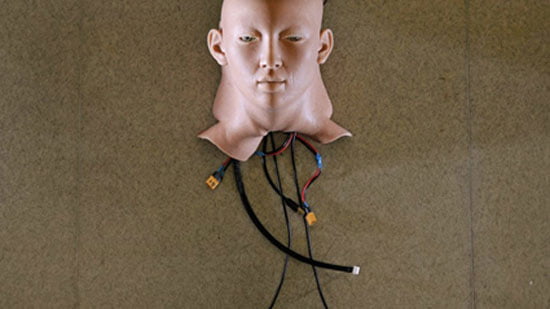
American computer science professor (and machine learning researcher) Pedro Domingos of the University of Washington became internationally known for his 2015 book The Master Algorithm: How the Quest for the Ultimate Learning Machine Will Remake Our World. An optimist about artificial intelligence, he gave an interview to the German Der Spiegel last April. Here are four interesting questions/answers, without our own commentary:
Question: Your book has been translated into Russian and Chinese, but not into German and French.
Answer: My agent told me: “You’ll sell all over the world, but not in France and Germany.” That’s how it turned out. The Master Algorithm has sold in Japan, China, Taiwan, and South Korea. There are Polish and Russian translations. But my agent was right when he said: “The Germans and the French don’t like this kind of stuff.”
Question: In your book you warn about limits, and even dangers if this technology falls into the wrong hands. Aren’t there valid reasons we should be worried?
Answer: There are risks, and in terms of Artificial Intelligence regulation, Europe is ahead of the USA. Unfortunately, there is more regulation without an understanding of the technology whose regulation is being proposed.
Question: What do you mean?
Answer: The European “General Data Protection Regulation” places great emphasis on the factor of explanation—meaning you should understand why an algorithm decides one way or another. Here’s an example from cancer research, where machine learning already plays an important role. Should I trust a system that has 90% accuracy but explains nothing, or one with 80% accuracy that provides various explanations? I would prefer the first.
Question: Why can’t we have both—both accuracy and explanation?
Answer: The best learning algorithms are those based on neural networks. These algorithms are very accurate because they understand the world based on vast amounts of data, at a level of complexity that we cannot. However, they are completely opaque. Even we, the experts, do not fully understand how they work. All we know is that they work. Therefore, we cannot rely solely on explainable algorithms. Nor can we have both maximum accuracy and explanations at the same time…
Hmm… It seems the cyborg is also suffering from a Franco-German “AI indigestion”…
